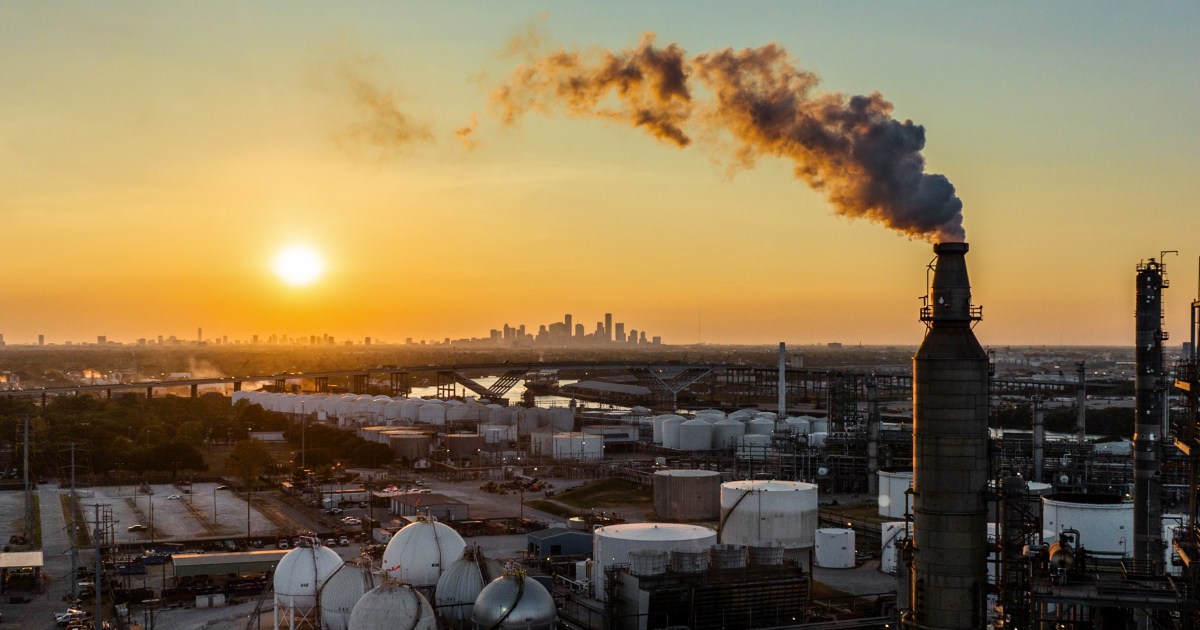
Final October was the most well liked month on file globally, 1.7°C (3.1°F) hotter than the pre-industrial common for the month – and The fifth month in a row With such a mark in what’s going to certainly now be the warmest 12 months ever recorded.
October was 0.4°C (0.7°F) hotter than the earlier file for the month in 2019, which shocked even Samantha Burgess, deputy director of the Copernicus Local weather Change Service, the European local weather company that routinely publishes month-to-month bulletins monitoring the air. Common surfactant. and sea temperatures, amongst different information.
“The quantity by which we break data is stunning,” Burgess stated.
after Cumulative warming Over the previous few months, it is virtually sure that 2023 would be the subsequent 12 months The hottest year Recorded, in response to Copernicus.
Scientists monitor local weather variables to know how our planet will evolve because of this Human-caused greenhouse gas emissions. A hotter planet means More extreme and severe weather events Resembling extreme drought or Hurricanes carry more waterstated Peter Schlosser, Vice President and Vice Dean of the International Futures Lab at Arizona State College. He’s not concerned with Copernicus.
“This can be a clear signal that we’re coming into a local weather regime that may have a better impression on a better variety of folks,” Schlosser stated. “We might higher take that warning we should always have taken 50 or extra years in the past and draw the suitable conclusions.”
This year has been very hot That is partly as a result of oceans being hotter, which implies they’re doing much less to fight world warming than prior to now. Traditionally, the oceans have absorbed as much as 90% of the surplus warmth brought on by local weather change, Burgess stated. She added that within the midst of the El Niño phenomenon, a pure local weather cycle that quickly warms components of the ocean and results in climate adjustments world wide, additional warming could be anticipated within the coming months.
This implies the world ought to count on to interrupt extra data because of this warming, however the query is whether or not this can be achieved in smaller steps sooner or later, Schlosser stated. He added that the planet is already exceeding the 1.5 levels Celsius (2.7 levels Fahrenheit) of warming since pre-industrial instances that the Paris Settlement was meant to restrict, and that the planet has not but seen the complete impression of this warming. Now, he, Burgess and different scientists say, the necessity to act — to cease global-warming emissions — is pressing.
“It’s way more costly to proceed burning these fossil fuels than to cease doing so. That’s primarily what it exhibits,” stated Frederik Otto, a local weather scientist at Imperial Faculty London. “And naturally, you don’t see that if you simply take a look at the file numbers.” That’s damaged, not the folks and methods that endure, however that’s what issues.”



